A new study explores how the Spanish Inquisition, which occurred from the late 15th century to the 18th century, still has lingering effects on many Hispanic communities and the healthcare they receive today.
This new research takes a look at how different societies were treated during this time centuries ago. As a result, the Spanish Inquisition — and its practices — can still be seen in Hispanic communities in the 21st century.
The Spanish Inquisition
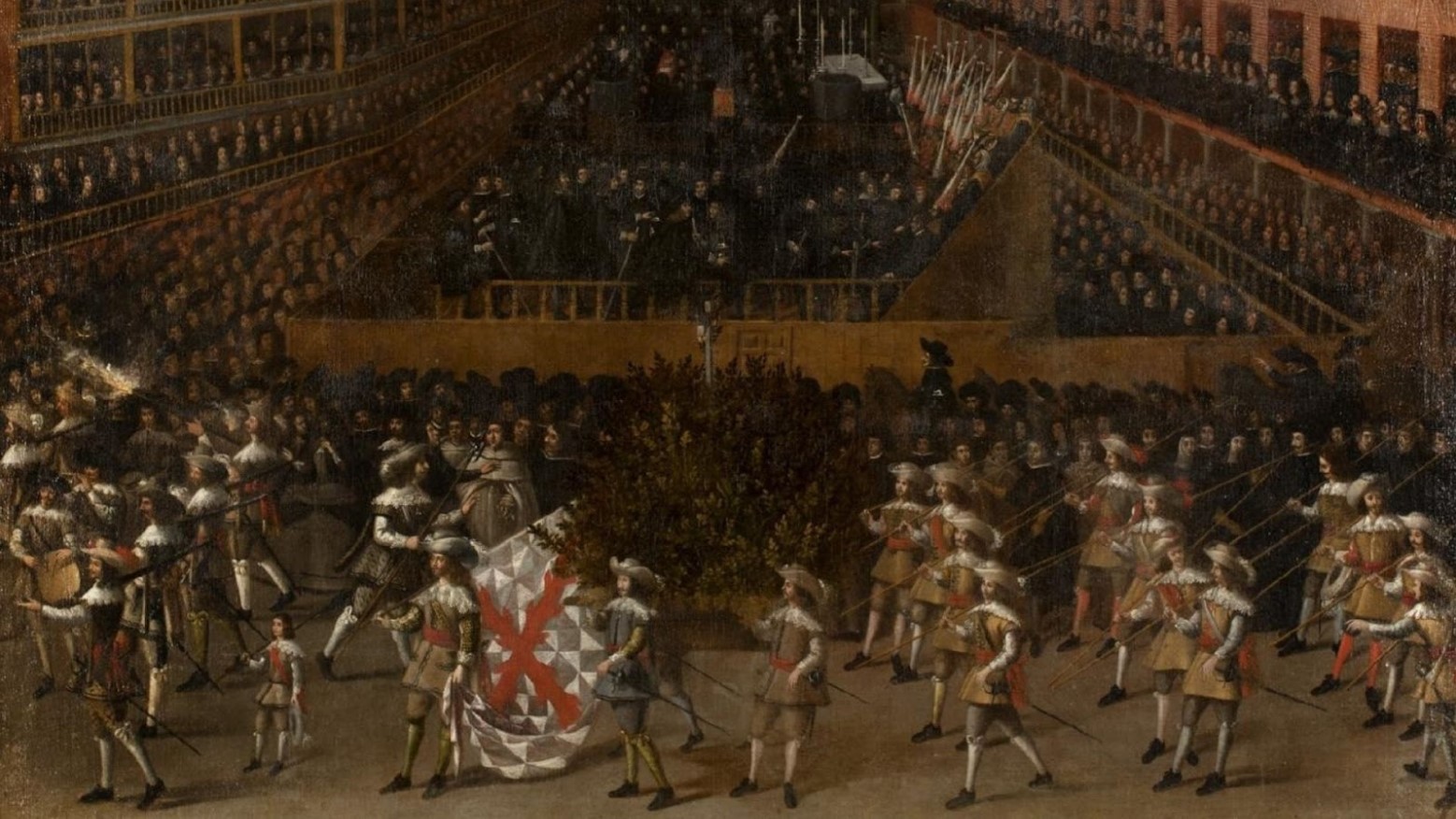
Throughout the Spanish Inquisition, the healthcare system changed dramatically in different ways. This occurred during Spain’s — and the Catholic Church’s — prosecution of heresy.
However, this era also saw colonization of the New World. Therefore, the healthcare system became a meshing of different healthcare practices from different parts of the world.
European, African, and Indigenous Practices

As the Spanish colonized various parts of the world during these centuries, they came upon many different peoples. These different people resulted in their healthcare system becoming unequal in various ways.
When looking at the professional and nonprofessional people who made up the healthcare systems of this time, this latest study shows that different practices of European, African, and Indigenous theories impacted how many patients were treated.
European Practices
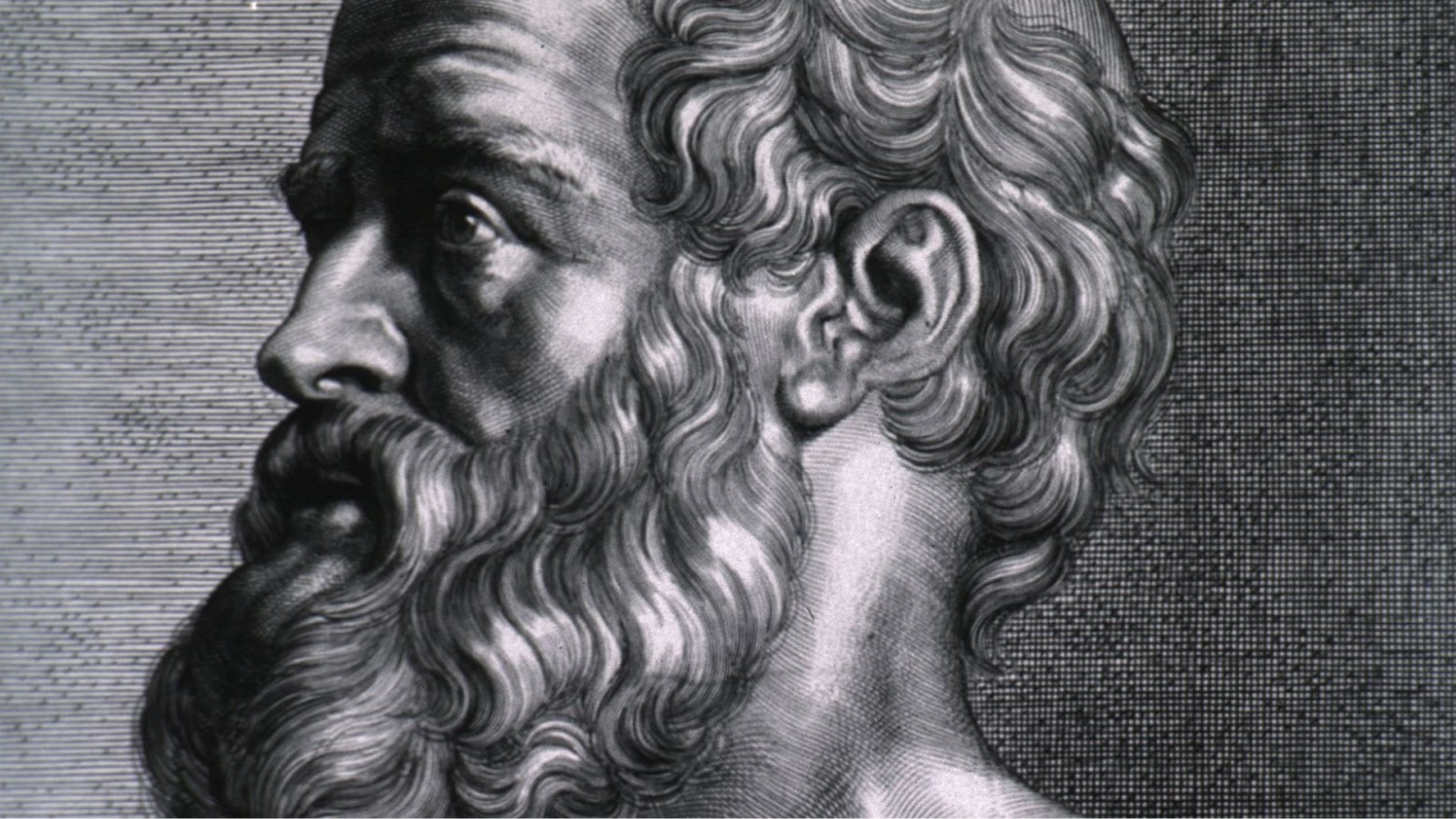
During the Spanish Inquisition, many Renaissance clinicians dedicated their healthcare practices to more humanist approaches. As a result, they looked at ancient medical treatises by Hippocrates and Galen.
The studying of these old treatises in European universities led to many physicians becoming forms of medical humanists.
Paracelsianism
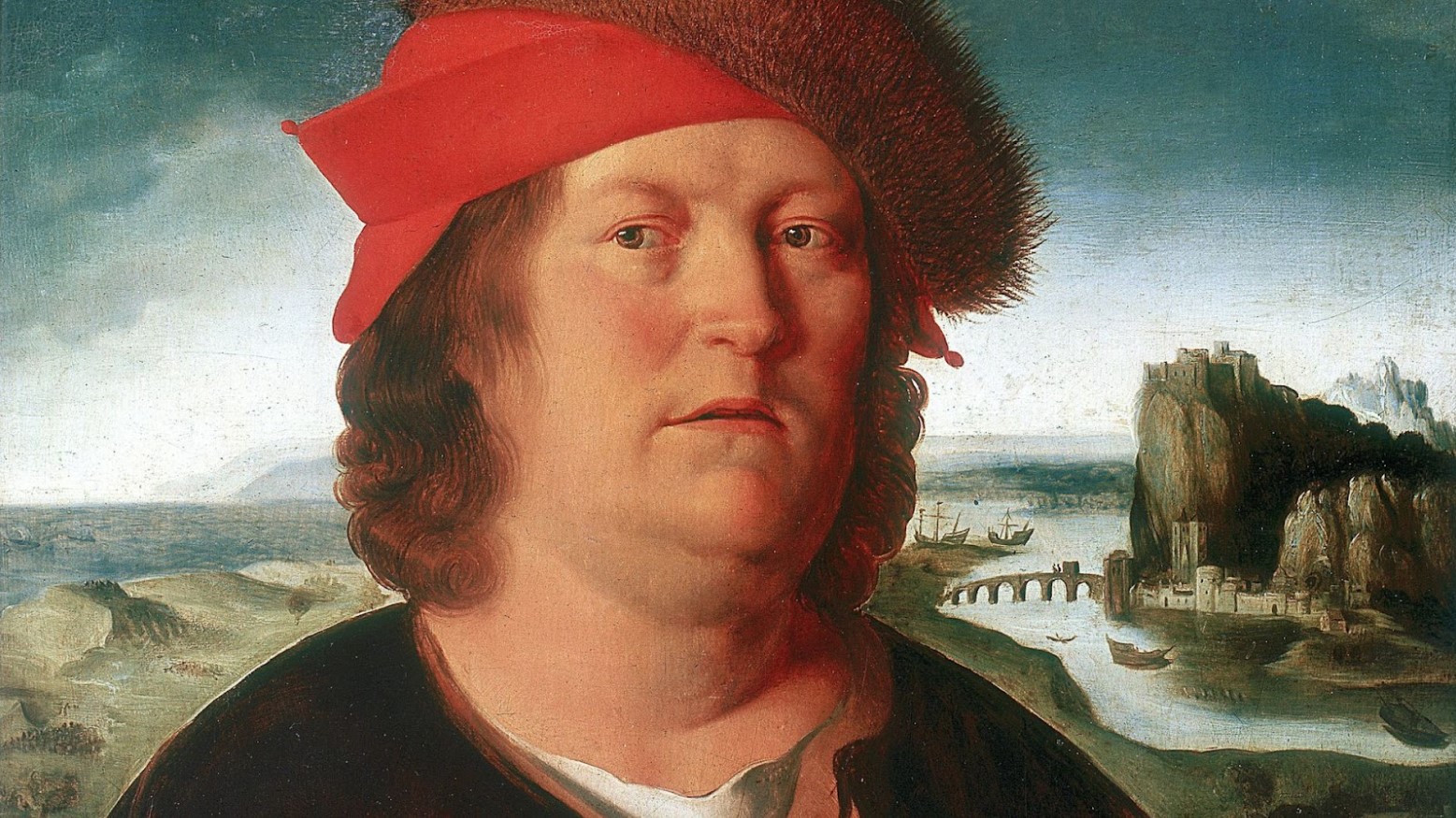
However, many medical students during this time also studied Paracelsianism. Though aspects of Paracelsus’ theories had occult connections — and therefore were condemned by some — many physicians still found benefit from these theories.
In this newest research, analysts found that doctors who studied Paracelsianism could be found in Spain, but also throughout Spain’s colonies in Latin America.
Traditional Medical Practices
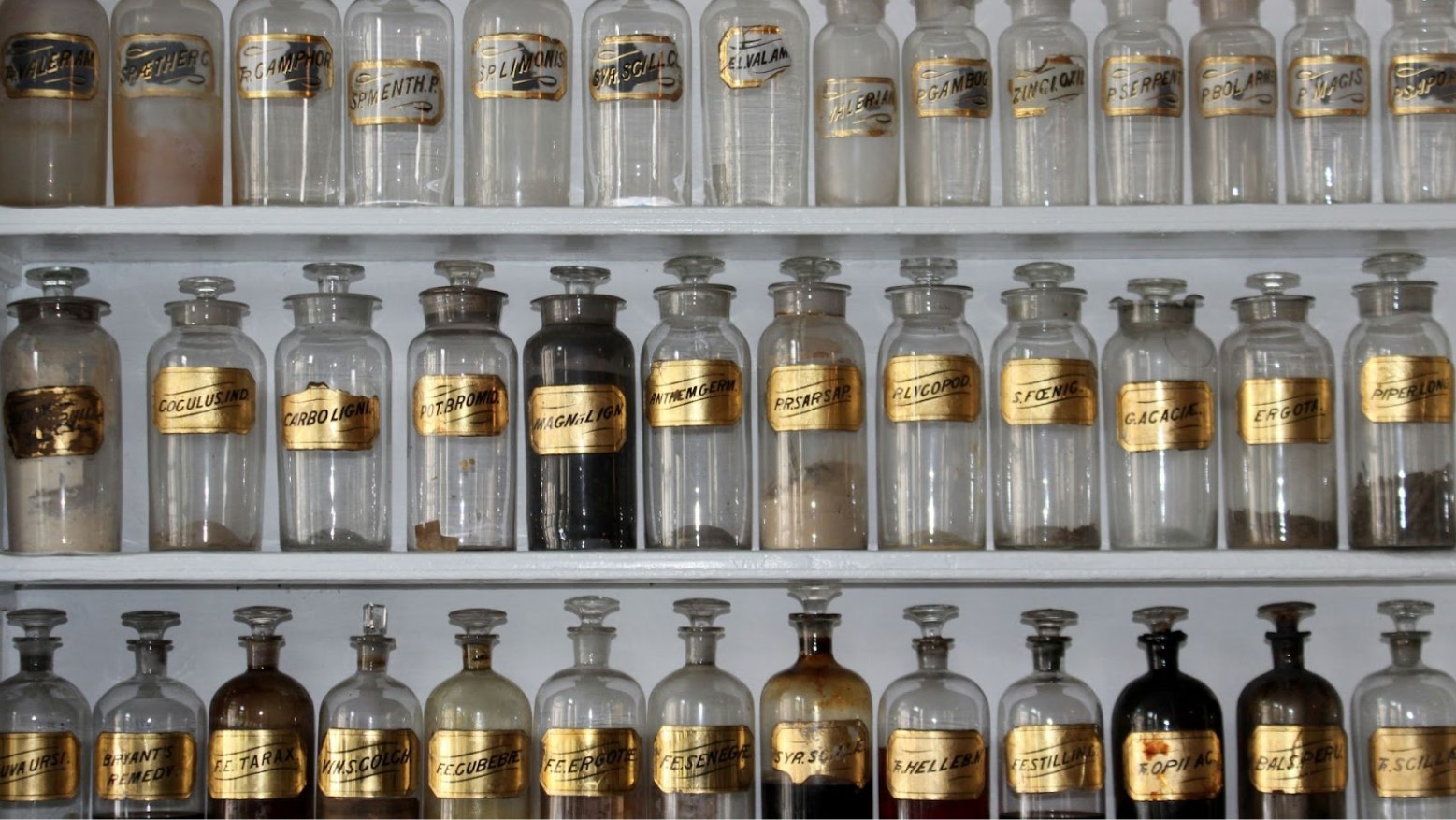
While many Spanish physicians practiced different forms of medicine, the Spanish Inquisition brought about another idea: traditional medicine. The colonization of Latin America and native communities shed light on the traditional healing practices many used.
To this day, many Hispanic societies still rely on these types of traditional medicine. Often, these types of practices include using herbal and holistic forms of medicine.
Inequalities in Health Systems
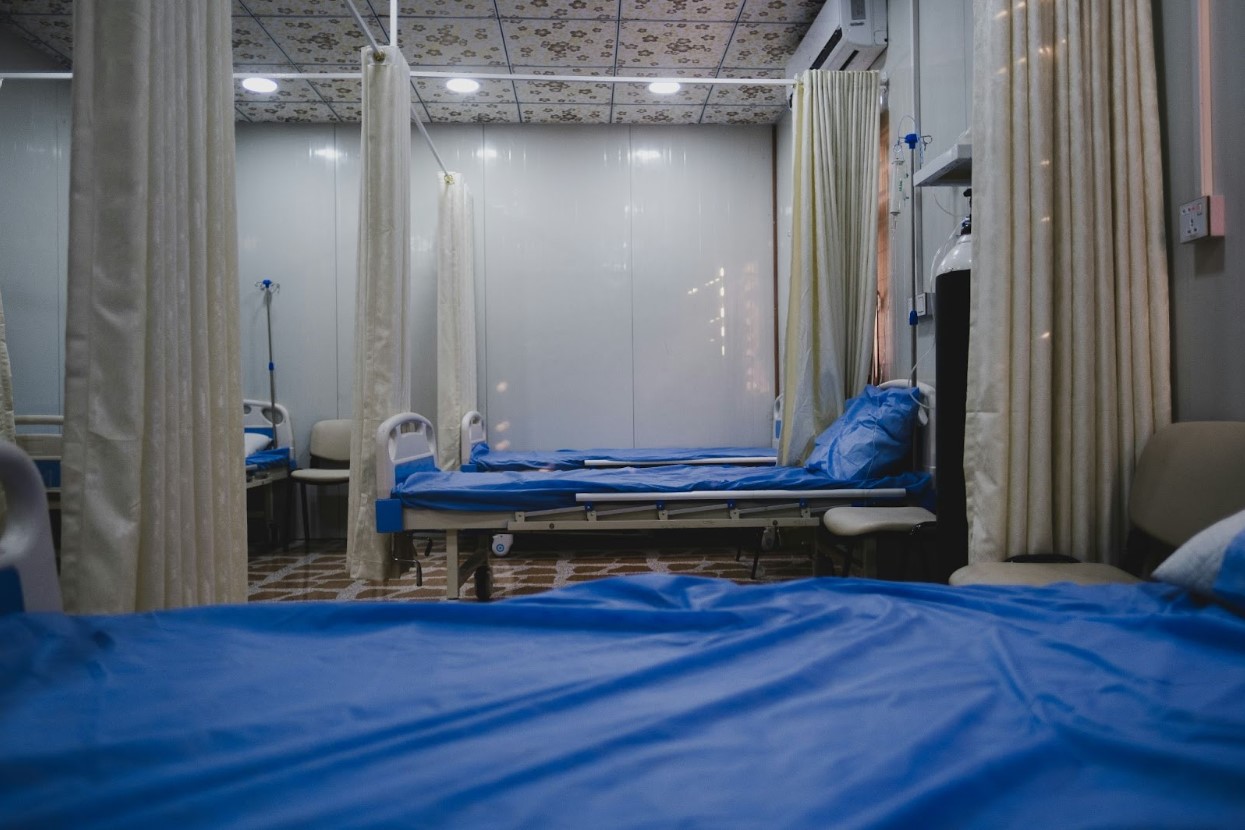
During this time, there were many inequalities in the health systems in Spain and Spanish colonies. For the most part, wealthier citizens were able to get the best healthcare.
Lower social classes and certain races often received lesser care. In some cases, they didn’t receive the ingredients or resources they needed, while the wealthier citizens did. However, some documentation does exist that these inequalities could be overcome sometimes.
Colonization Brought Disease
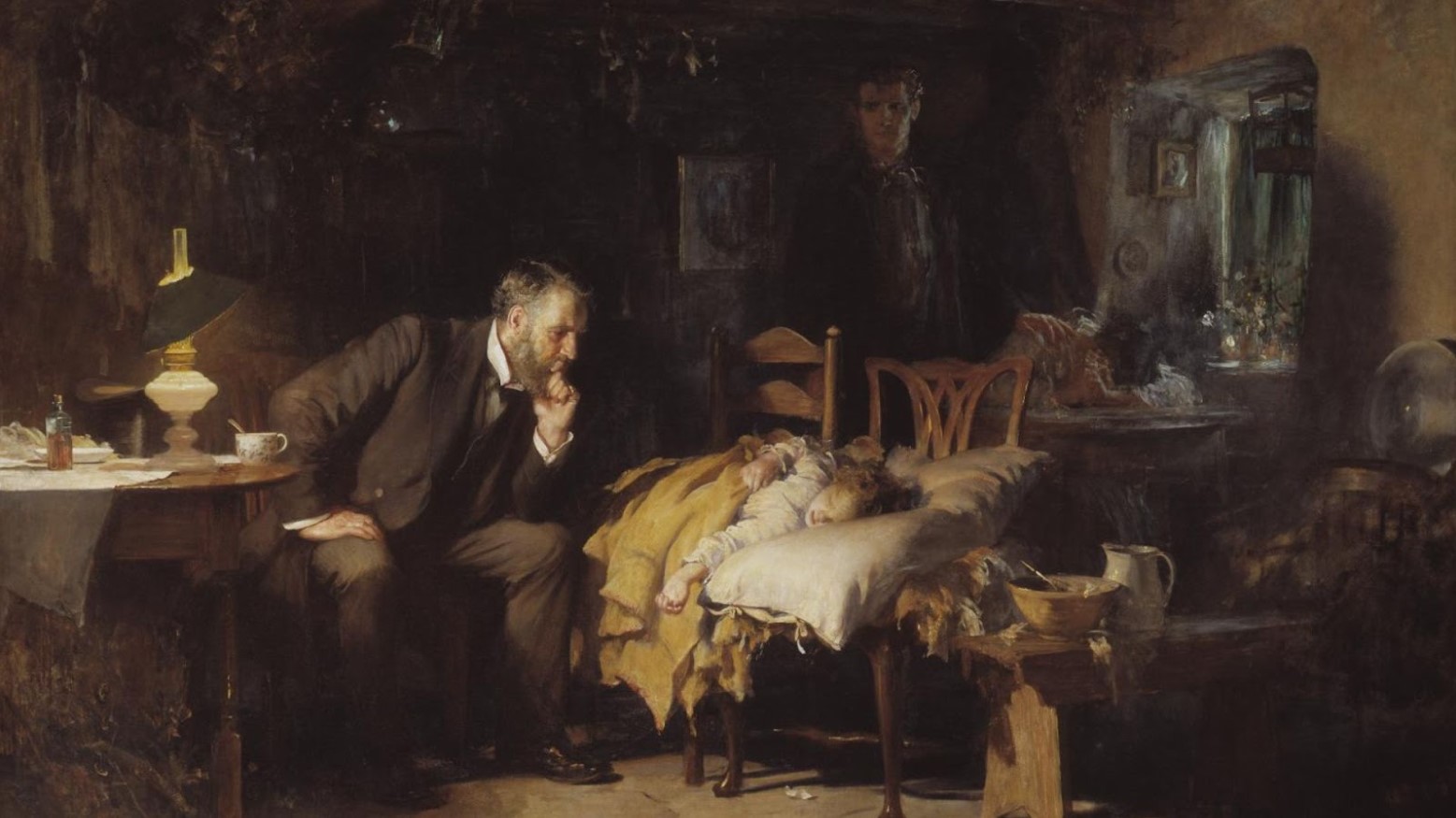
It’s well documented that many European colonizers brought deadly diseases to their colonies in the New World during this time. These diseases — such as smallpox and measles — killed much of the native population in these areas.
However, Europeans discovered new plants in the Americas that were used to help with various illnesses. For example, they learned that cacao seeds can help people gain weight if they need to.
Women as Healthcare Professionals

Throughout the Spanish Inquisition, women found ways to practice as healthcare professionals or healers, even in times of great turmoil. Though some of these women were declared witches, they still helped heal many in their communities.
Not all women herbalists or healers were deemed witches, however. Some nuns in Peru worked as healthcare professionals, for example.
Seeing Similarities in Healthcare Today
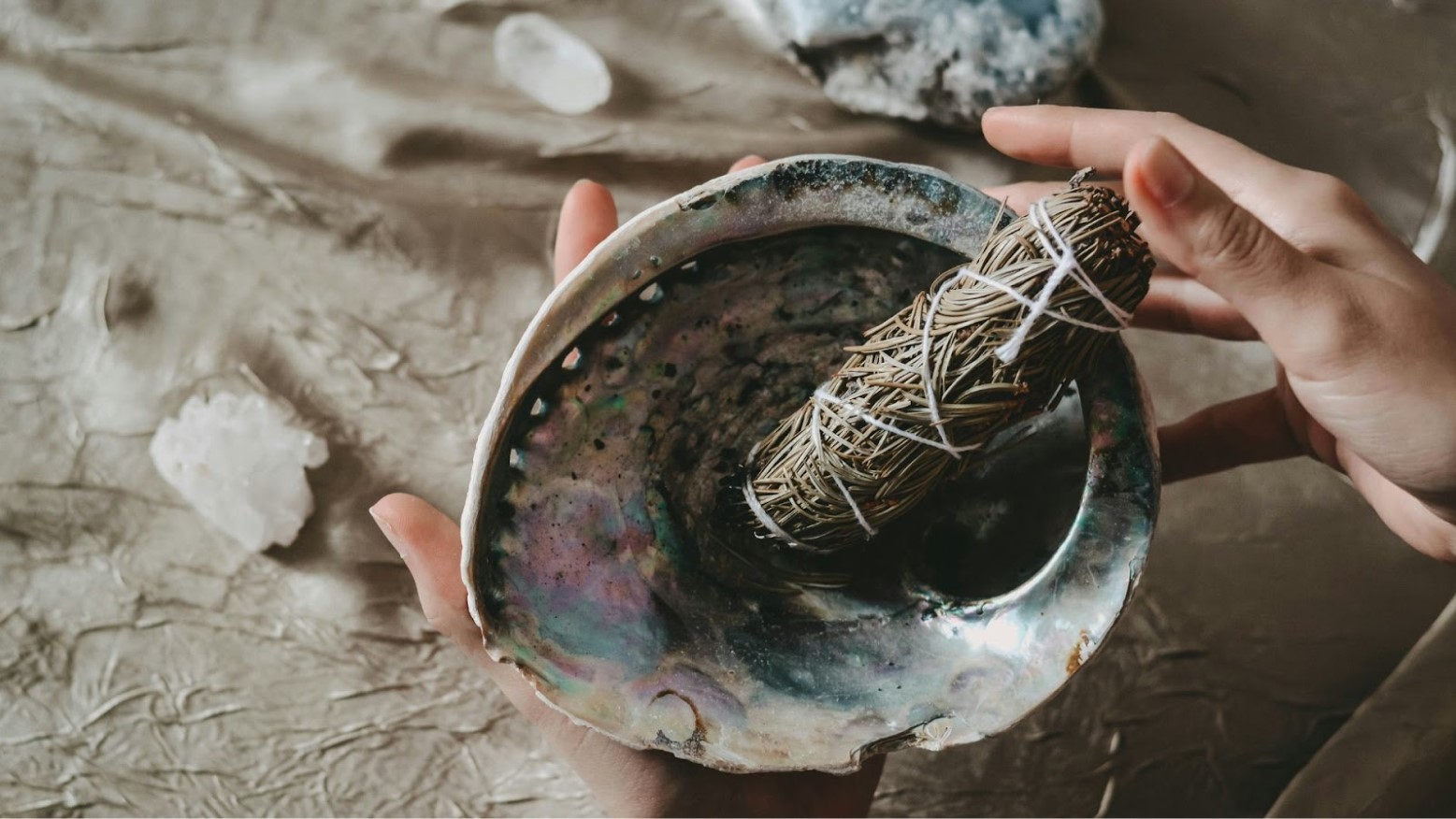
Throughout this study, researchers revealed how many similarities in the healthcare system during the Spanish Inquisition and the modern-day world can be found.
When colonizers first came to Latin America, they discovered many traditional resources or practices to heal illnesses. Today, many wealthy travelers from around the world come to Latin America for these same rituals and remedies.
Looking at the Complex Healthcare System of the Past

Researchers also believe we can learn more about our own healthcare system today by looking at the past. Throughout the Spanish Inquisition, different areas of Spain and its colonies experienced different kinds of medical practice.
Often, this complex system varied from place to place. It included more European ways of thinking, as well as more traditional ways.
Improving for the Future

Therefore, a combination of traditional medicine and modern medicine could be the best option for some Hispanic communities, according to these researchers.
Analysts also explained that truly understanding the history of Hispanic communities and their healthcare systems — and the many inequalities that occurred in the past in healthcare and treatment — can better help modern-day doctors.








































